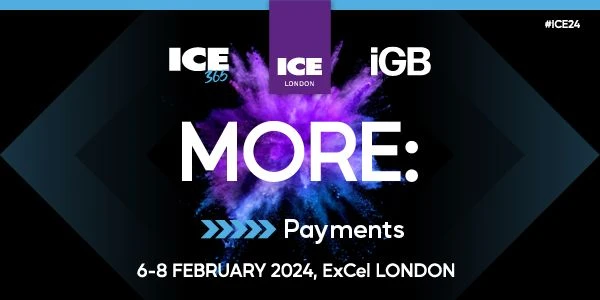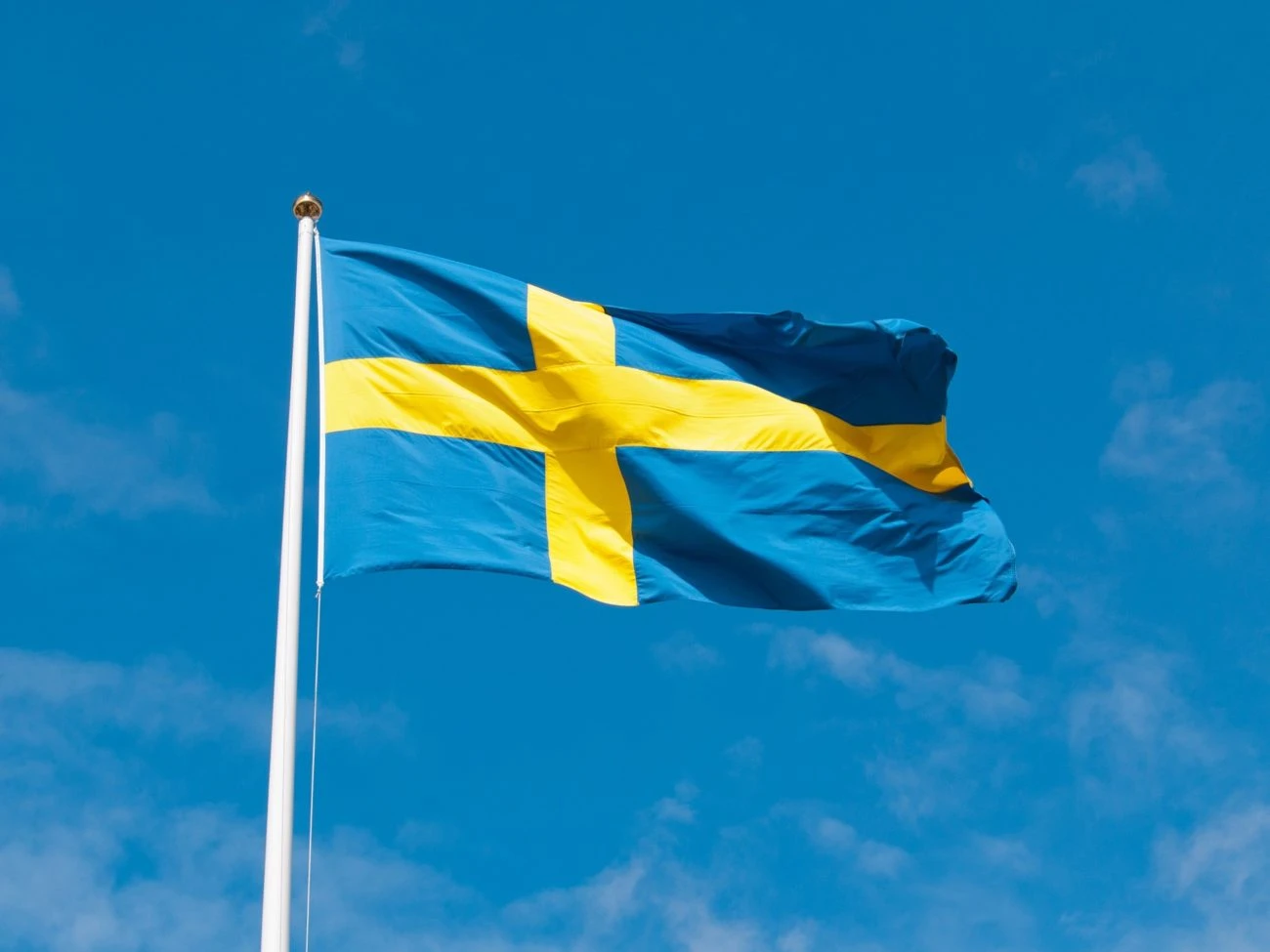Road to ICE 2024: Credit card bans and payment blocking

One of the most talked-about payments topics this year has been gambling on credit. Or more accurately, attempting to put measures in place to prevent it.
Efforts to ban credit card gambling ramped up towards the end of 2023. In September, Australia’s government published legislation on the matter, entitled the Interactive Gambling Amendment Bill 2023. There was already an existing ban on gambling using credit cards at land-based venues.
As well as banning credit cards for gambling purposes, the bill sought to fine operators that do not adhere to the ban. The bill stipulated that the fine could reach up to AU$234,750 (£120,462/€140,014/US$150,467).
The bill was approved last week by Australia’s senate. As well as introducing fines, it also gives the Australian Communications and Media Authority (ACMA) more powers. Once the bill is enacted – following a six-month transition period – the ACMA will have the responsibility of enforcing the new penalty provisions.
Over in Sweden, the country’s gambling authority Spelinspektionen called for an all-out ban on credit card gambling in November. This was in response to a government investigation on risky lending. Spelinspektionen outlined its position, which was based on the country’s Gambling Act. It stipulated that the Act prohibits operators from encouraging players to borrow money to gamble.
Payment blocking
Sticking with Scandinavia, the region was also home to a number of payment-blocking instances in 2023.
In May, Spelinspektionen received new powers from the Swedish government to fight against illegal gambling. The new powers – which came into effect on 1 July – were outlined in a bill in December 2022. The government had said the amendments would make it easier for the regulator to block payments.
Norway’s regulator Lotteritilsynet has been monitoring unlicensed gambling activities since the beginning of 2023. In January, it reported a rise in the number of banks making contact with customers regarding illegal gambling transactions.
A study carried out on behalf of Lotteritilsynet revealed that eight out of 10 banks have measures in place to contact customers that may be participating in illegal gambling transactions.
In September, Norway’s regulator announced that it would monitor nine banks in the country. This was to make sure the banks were complying with a ban on processing transactions from illegal operators. Section 5 of the country’s Gambling Act states that banks cannot permit deposits and withdrawals from unlicensed sites.
The regulator can order banks to block certain transactions.


